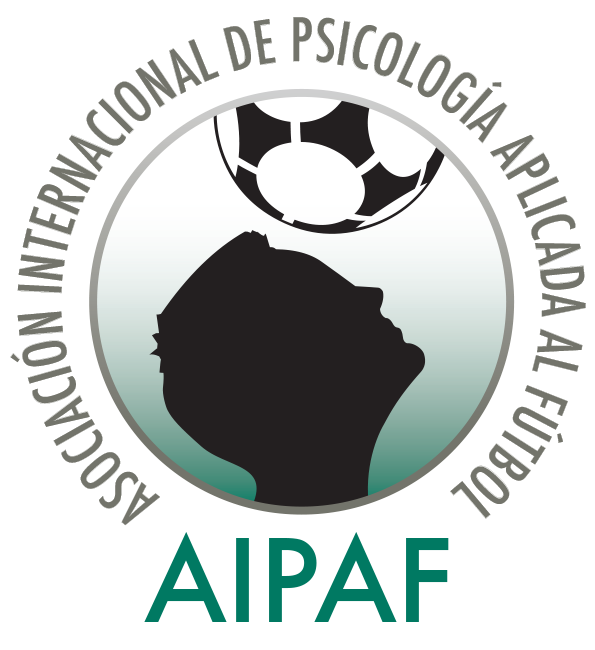TRAINING AND DEVELOPMENT COACH
Success coach depends on things that are not trained in the field
May, 26, 27 and 28, 2016
Venue: DEUSTO UNIVERSITY (Bilbao)
Today, high performance sport is becoming more demanding, not only in terms of physical and tactical concepts, but in relation to other aspects that are sometimes less clear, such as creating relationships, transformation, management, personal growth, building projects. Moreover, what was once useful today no longer serves us and not that it is bad, it is simply not useful. Today professional spaces around the player must be allowed to help them surface/flourish more and to develop new resources.
Working with amateur and high performance athletes is a complex process, it is no longer just about «scoring goals», we want the player to think, to understand the game, to communicate, to handle adversity, to channel their emotions, work within a team, i.e. we want players know to compete. But, are we creating opportunities to develop this? How Come? Am I developing me/myself? Actually, I facilitate ‘What This Is’? Many times, this challenge leads us to our limits as professionals, forcing us to expand our knowledge and understanding of where I am and where I need to be.
This involves looking at Learning as a value for those who work in the environment of the player: coaches, trainers, doctors, physiotherapists, managers, psychologists … Why do we need to learn today? What do we mean by learning? What are the axes of professional improvement? What are the axes that help to make us better?
When we have a need to improve something, we wonder what is going on? We feel lost and we do not know what to do. At first we cling to the mantra of «greater effort» but when the more of it does not lead to a better result, we are facing a nonlinear reality and therefore it is time to make qualitative changes, from how much (do more) to how (do differently).
The International Association of Applied Psychology in Football (AIPAF, National Register of Associations Group 1, Section 1 National Number 605634) and the University of Deusto organize the III International Congress with the aim of improving professional practices of all those who participated in the development players and optimizing performance.
The Third Congress CIPAF some thoughts about what we do and how we do on issues such as:
- The personal and sport growth as two indivisible aspects of the same process of development.
- The real connection between player and coach, how to approach helps to understand each circumstance, being the leadership the most decisive variable for the value and health of the team.
- If I as a coach can not connect with what I get will be very difficult to understand what is happening to another. Looking inward is an opportunity to be seized and enjoy.
- To compete involves working the mental aspect, technical-tactical and physical and that all these factors are connected and interacting with others, most of the time around.
- Psychologists are part of all these processes. How we are building as professionals face with it?
Communications Abstract submission:
Interested persons may submit an abstract of their communications (minimum 300 and maximum 500 words) before the day December 30, 2015 e-mail to the following address:
presidenta@aipaf.com
In summary, the following information must be included:
Communication –title
- Name and surname of the author / authors
- Professional address and / or personal
- Contact telephone
- Email address
- Short biography (maximum 150 words).
Acceptance of papers will be notified on March 15, 2016
For additional information:
presidenta@aipaf.com
Organizing Committee:
María Ruiz de Oña, Unai Melgosa, AIPAF y Universidad de Deusto
Committee Scientific:
María Ruiz de Oña. AIPAF, Universidad de Deusto
Unai Melgosa. AIPAF
David Llopis. AIPAF, Levante U.D.
Dr. Luis Cantarero. AIPAF, Universidad de Zaragoza
Dra. Caterina Gozzoli. AIPAF, Universidad Católica de Milán, A. C. Milán
Christian Luthard AIPAF, Bayer Leverkusen
